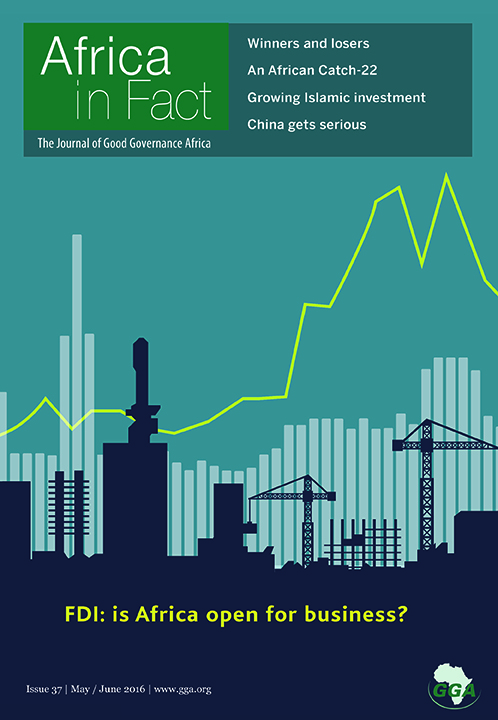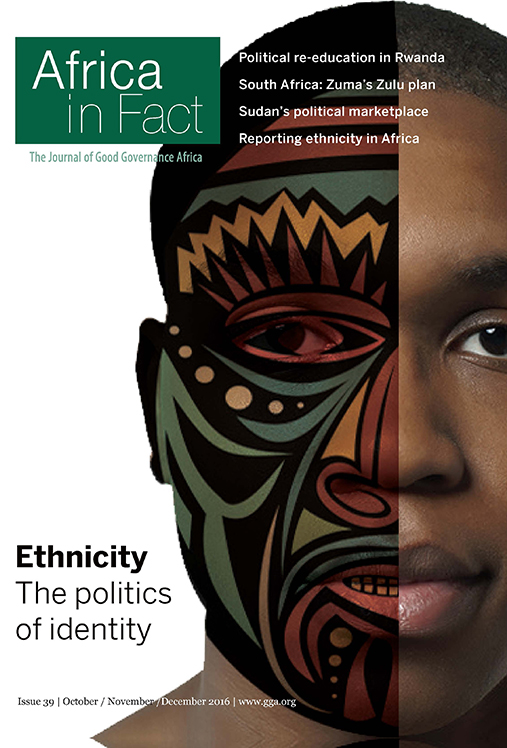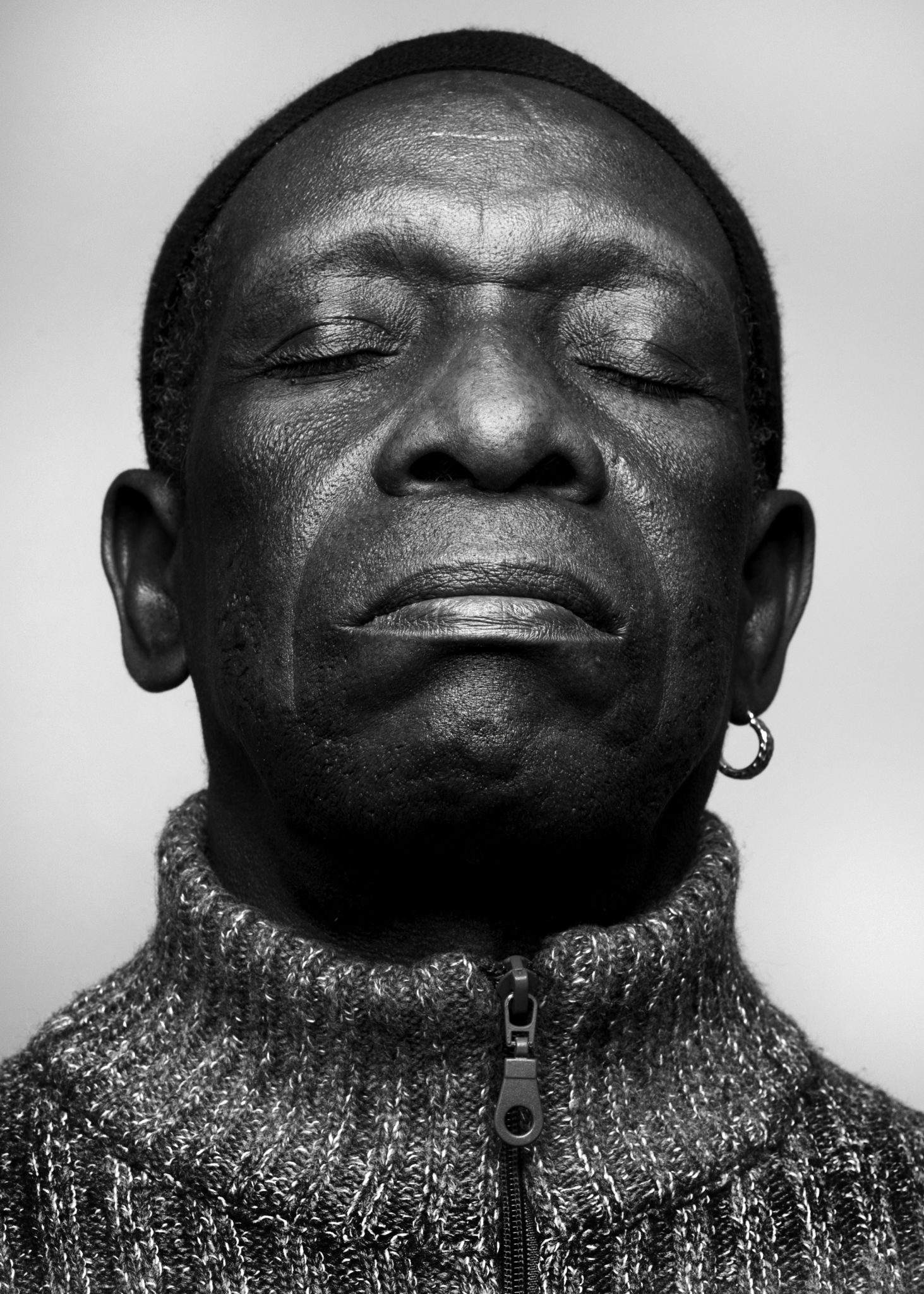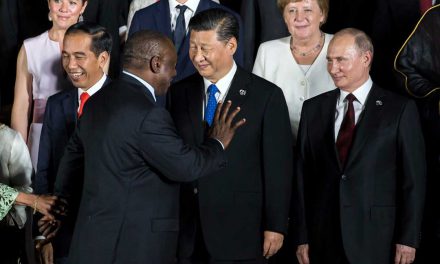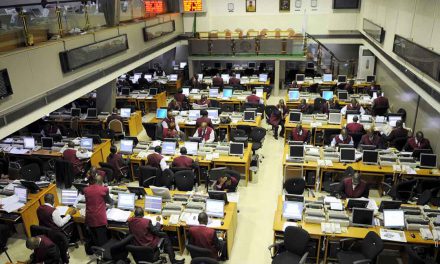Investors from Organisation of Islamic Cooperation member countries are increasingly looking at opportunities in sub-Saharan Africa
The Islamic world is increasingly seeing Africa as a destination for foreign investment, both on the institutional and corporate fronts. One sign of such interest was the recent forum on investments in Africa, held in Marrakech from December 17th -19th 2015 and organised by the Organisation of Islamic Cooperation (OIC), which groups 57 countries.
The OIC has been active on the continent on the humanitarian and diplomatic fronts since its creation in 1969. More recently, the organisation’s financial arm, the Islamic Development Bank (IDB)—whose main shareholders are Saudi Arabia (23.6%), Libya (9.5%), Iran (8.3%), Nigeria (7.7%) and the United Arab Emirates (7.5%)—has become a major player in development finance in Africa.
Some 30% of the $12 billion invested in 2015 by the IDB went to sub- Saharan Africa, says its regional director, Sidi Mohamed Taleb. The bank is now focusing on removing obstacles to African development, among them poor infrastructure and agricultural productivity. The strategy, which has been largely designed by the OIC’s 22 African member states, according to Mr Taleb, will invest mainly in Africa’s energy, telecoms, transport and agriculture sectors.
In the Sahel region the bank is financing the flagship Dakar-Port Sudan railway and key energy projects in Mali, Mauritania, Guinea and Côte d’Ivoire, in some cases with the geostrategic aim of stabilising the region. Another major IDB initiative in Africa is the OIC Cotton Action Plan, first created in 2007 to rehabilitate decaying cotton and textile industries in OIC member states.
The bank has a $400m portfolio in Mali, where it is building a new international airport. It is also financing a road between Algeria and Kidal, the capital of northern Mali, which fell to the extremist group Al Qaida in the Islamic Maghreb, in 2013. “There is an absolute necessity to break the isolation of this region,” says Mr Taleb. It would appear that the OIC’s aim there is to restore political stability, including mediating between the government and the rebels.
The Khartoum- headquartered Bank for Economic Development in Africa (BADEA), established in 1973 by the Arab League member states, is another important institutional player in the Islamic world. Between 1975 and 2014 it allocated some $3.69 billion in loans.
In 2014, it provided $200m in loans to 22 sub-Saharan countries, 57.6% of it to infrastructure, 22.6% to agriculture and rural development and the rest to the non-profit and private sectors.
Certain gulf states rank high among Islamic partner countries. In 2014, the Saudi Fund for Development (SDF) supported 13 projects in 11 African countries, which received a total of SR1.27 billion ($340m). In November 2013, Kuwait said it would extend $1 billion in soft loans to the continent over the next five years.
Since its inception in 1961, the Kuwait Fund has contributed over $6.4 billion to projects in 48 African states.
The Abu Dhabi Fund for Development (ADFD) has provided 65 billion dirhams (about $17.7 billion) to 76 countries around the world since its creation in 1971.
It financed Egypt’s Sheikh Zayed Canal, built using a Dh348m (about $94.74m in 2012) grant (the canal has yet to be completed). Meanwhile, Qatar also has ambitions to be a major player in Africa. Its department of international aid spent more than $1.7 billion on development assistance in 2013, one third of it in Africa.
Companies from several Islamic countries have also developed commercial and private investment ties with Africa. According to a 2015 report by the Economist Intelligence Unit (EIU), East Africa is attracting most of the Gulf’s non-commodity investment, with manufacturing in Ethiopia; leisure, retail and tourism in Mozambique and Kenya; and education in Uganda of particular interest. Retail and hypermarkets, automotives, commercial banking and tourism are key sectors.
However, trade between the Gulf Cooperation Council (GCC) and Africa is still modest. In 2014, GCC exports to sub-Saharan Africa totalled $19.7 billion, according to the IMF.
However, direct investment flows are growing significantly. Gulf firms invested at least $9.3 billion in sub- Saharan Africa between 2005 and 2014, and $2.7 billion in the first half of 2015, according to the EIU.
South Africa, Kenya and Uganda have attracted most Gulf investment. The trend is likely to continue. The UN Conference on Trade and Development (UNCTAD) recorded 17 bilateral investment treaties between the Gulf and sub-Saharan countries in 2013, one third of which were signed that year.
Most GCC capital goes into Africa through listed stocks and bonds, including locally domiciled funds such as Invest AD’s Emerging Africa Fund in the UAE, which is co-managed with the Morrocan Attijariwafa Bank.
Significant investments recorded in 2014 were the purchase by Qatar National Bank of a 23% stake in Ecobank of Togo and the acquisition of $300m of Nigeria’s Dangote Cement shares by the Investment Corporation of Dubai.
Morocco’s banks, insurance and agribusiness are expanding fast in Africa, helping to boost Moroccan exporters. The Attijawariwafa Bank now has subsidiaries and branches in 14 African countries, mostly in west Africa. The world leader in fertilisers, the Office Chérifien des Phosphates (OCP), a Moroccan company, is aggressively promoting its products south of the Sahara.
Meanwhile, Turkish Airlines is expanding its presence on the continent, with 44 African destinations; Royal Air Maroc has 22 and Emirates Air- lines 19. Turkey is becoming increasingly involved in FDI to Africa.
It held two summits with Africa, in Istanbul in 2008 and in Malabo (Equatorial Guinea) in 2014. Turkish Airlines was one of the first airlines to resume international flights to Somalia in 2011.
Turkish trade with Africa has risen nearly fourfold from $5.4 billion in 2003 to $20 billion in 2014, according to a 2015 research paper by Chatham House, the UK’s Royal Institute of International Affairs. Turkey has signed investment treaties with 12 countries in sub-Saharan Africa and aims to sign a free trade agreement with the East African Community by 2019.
At the end of 2011, then Turkish Foreign Minister Ahmed Davutoglu estimated Turkish investment in Africa at some $1 billion. It is likely much higher today. An Ethiopian Investment Agency official noted in 2014 that Turkey had invested about $1.2 billion in Ethiopia in recent years, particularly in the textile industry, as compared to China’s $836m over the past decade.
Islamic finance is gaining momentum in sub-Saharan Africa, where about 30% of the population is Muslim, according to the Pew Research Center, a think tank in Washington D.C. Gulf African Bank, which offers sharia-compliant products, now has 14 branches in Kenya, with a rising portfolio of small and medium enterprises.
Islamic finance is one of the fastest growing financial segments at global level. This is one reason why the World Bank Group’s International Finance Corporation (IFC) has invested in the Gulf African Bank.
In September 2015, South Africa issued its first $500m sukuk, a sharia-compliant and interest-free Islamic bond, in the international capital markets to broaden its investor base and diversify funding for infrastructure. Côte d’Ivoire plans to issue its first sukuk, for 350 billion CFA francs (roughly $700m), with the support of the IDB. According to the ratings agency Standard & Poor’s, new regulations and fiscal incentives around the continent “could accelerate Islamic finance development in Africa”.
However, the low oil price may cause some disruption to Islamic foreign investment. Saudi Arabia has withdrawn tens of billions of dollars from global asset managers since September 2015, according to the Financial Times.
Money transfers from Islamic countries or charities to Africa have also faced regulators’ concerns that networks could be used for criminal financing. Kenya suspended the operations of 13 firms in the first half of 2015 over concerns that funds were flowing to al-Shabab militants. In May 2013 Barclays said it would close the bank accounts of 250 money transfer companies as part of a drive to meet stricter money laundering rules.
A February 2016 study by the IMF concludes that there is no evidence that Islamic finance faces different risks from those of conventional finance as regards terrorism and crime.
However, it concludes that an in-depth analysis of the intrinsic characteristics and arrangements used in Islamic finance is still required, and that Islamic financial institutions need to build more experience with regard to the risks they face in dealing with money laundering and terrorism financing. If so, this would apply also to the Islamic world’s investments in Africa.

